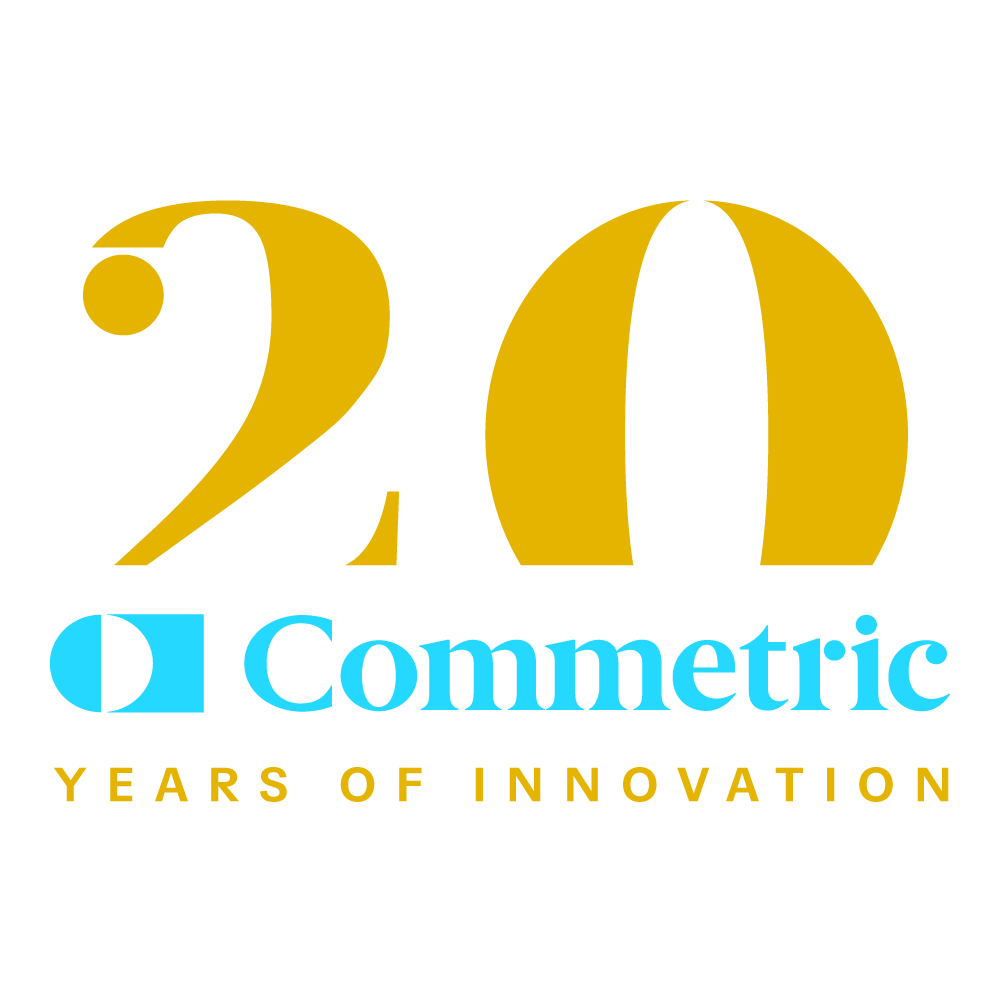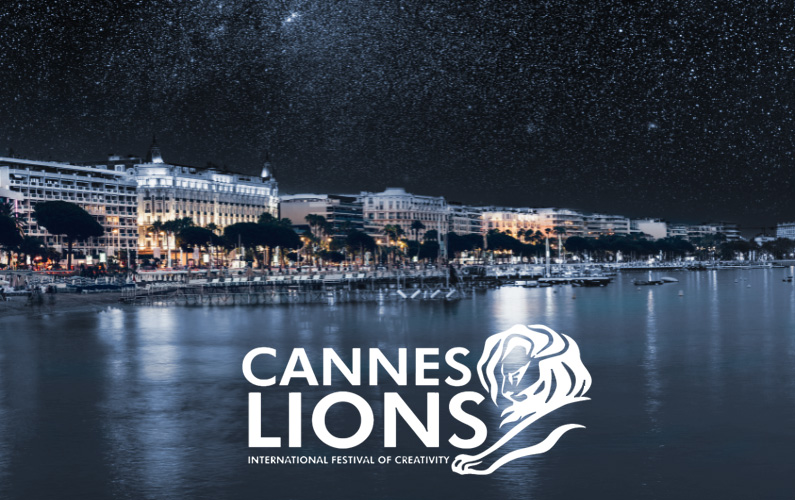- The first Cannes Lions since the start of the pandemic attracted a fair share of media attention, as reporters and analysts tried to discern the underlying trends shaping the marketing sector’s future.
- We found that tech companies like Spotify, Google, Netflix and Amazon were the most influential brands in the media debate, while Ogilvy, Dentsu, and Wunderman Thompson were the top 3 most influential agencies.
- The key takeaways from our media analysis are that marketers will need to adapt to a new economic landscape, sustainability becomes top-of-mind in a broader sense and brand creativity and effectiveness get more practical.
View a one-page infographic summary of the analysis.
The Cannes Lions International Festival of Creativity returned after a two-year hiatus due to the COVID-19 pandemic. According to many media reports, the concerns about the world economy and the war in Ukraine didn’t stop marketers, ad sellers and advertising-technology companies from hosting the festival’s usual lavish parties on land and on yachts, hiring big-name entertainers to perform.
The award ceremony was well-documented by specialised media outlets and business publications, which tried to discern the underlying trends shaping the sector’s future. To see what stood out this year, we analysed 228 English-language articles published since the start of the festival. Here are our key takeaways:
1. Marketers will need to adapt to a new economic landscape
The recession was something of an elephant in the room. In fact, it was the most prominent topic in the media debate:
The prevailing feeling was that marketers are now operating in a very different environment from what they’re used to. Brand owners noted budgetary pressure while agencies (certainly at the holding group level) insisted that the prevailing lessons of the pandemic remain.
Still, many commented that troubled times were met not by cutting advertising spend and halting activity, but by maintaining a presence in the market while adapting tactics to the situation. Agency heads like Mark Read (CEO, WPP) noted client nerves, but argued that the implication was not one of pulling back, but of being deliberate in activity and focussed on outcomes.
2. Sustainability is top-of-mind in a broader sense
Sustainability was another common thread, with ample programming on the topic and Greenpeace staging several protests at the conference over working with clients in the fossil-fuels space.
Interestingly, one of the most influential spokespeople was a Greenpeace activist:
Gustav Martner, a Greenpeace France activist, and former recipient of the Cannes Lions award, staged a high-profile demonstration during the festival’s opening ceremony. Protesting the industry’s frequent use of fossil fuels, he dramatically interrupted the opening ceremony to return a prize he previously won at the event. While up on stage, he unfolded a banner that read, “No awards on a dead planet, Ban Fossil Ads!”
The stunt, which received coverage in non-trade publications, was another sign of how thorny real-world issues were occasionally at tension with Cannes Lions’ focus on the positive side of the ads business. While the disruptions might have thrown some cold water on the show’s “we’re back” sentiment, sustainability was top-of-mind in a broader sense.
3. Tech is ever-more central to the business
You might have noticed that the most influential spokesperson in the debate was Netflix’s chief content officer Ted Sarandos. That’s because less than two months after Netflix announced plans to add ad-supported tiers to its streaming subscription service, Cannes Lions named Netflix’s Sarandos as its Entertainment Person of the Year – an impressive honour, given the fact that that’s the year Netflix appeared for the first time at the festival.
Sarandos said the streamer had entered talks with the likes of Google and Comcast as potential partners to help it introduce ads to its platform because, without an existing ad sales infrastructure, Netflix needs external support. Speaking at a Future of Entertainment session, Sarandos made it clear Netflix had no immediate plans to own its own advertising arm but said that “if it becomes so important [that] we want to have control over it, we might.”
The media’s focus on such topics made Netflix, Google and Comcast some of the most significant brands in the debate in terms of media impact.
We determine an organisation’s media impact in the context of a topic by looking at its media influence score calculated in terms of coverage by high-profile media outlets, topic relevancy score measuring its contextual relevance, and media visibility as measured by the number of mentions.
However, Spotify emerged as the most influential company, as many media reports shared its belief that audio is front and centre for many brands’ media strategies, even with potential economic headwinds on the horizon. In addition to putting on concerts featuring Dua Lipa and Post Malone, the Spotify Beach in Cannes also featured an #AllEarsOnYou activation, Spotify Advertising’s first-ever brand campaign.
Another prominent tech giant was Amazon, which also took over a portion of the beachfront at the show with the “Amazon Port,” its biggest showing at the conference yet and a sign of the growing significance of industry relationships to its business. Commentators noted that though Amazon has steadily built its ads business into a $31 billion juggernaut, it has typically taken a more low-key approach with Madison Avenue than its rival ad sellers.
But now, the Amazon Port was taken as a sign that the company has notably upped its presence at industry shows at a time when it’s significantly upped its hiring of key ad agency and media talent as advertising becomes an increasingly important and profitable segment of its overall business.
4. The metaverse and NFTs are still confusing
Marketers also grappled with how much, or whether, to invest in the metaverse and nonfungible tokens. The top line, as far as reporters and analysts have seen it, is that there are currently very few opportunities to bring in revenue from metaverse activity, but that the future potential is vast.
Several journalists noted that Meta‘s brand activations at the festival made people think the metaverse is in full flow while the company’s biggest platform, Facebook, was almost conspicuous by its absence. Others remarked that there are several emerging camps that all understand the metaverse very differently: mostly it’s the difference between the crypto true-believers who held strong despite the threat of a “winter” in the space, and the video gamers.
The festival hosted a session with Paris Hilton, who last year founded 11:11 Media to expand her brands, and Gary Vaynerchuk, CEO of ad agency VaynerMedia, about NFTs and what they mean for brands. Though the NFT space has seen a downturn, both argued for its future.
5. Brand creativity and effectiveness get more practical
The main message coming from the ad holdings and their agencies at Cannes focused on creativity – for example, Mark Read, chief executive officer of WPP, said that creativity is the most important force in modern business, while his colleagues from WPP’s agency Ogilvy noted that big brands have the power to drive change through creativity.
In fact, Ogilvy was the most prominent agency in the debate, as it was perceived as the star of the show after being named Network of the Year:
Apart from creativity, effectiveness was another talking point for agencies, with some media outlets saying that the industry finally moved past the days of burning money in the parking lot and started asking how marketing can get more practical by solving critical business challenges.
Another important takeaway for agencies was that it’s time for business-to-business marketing to shine as bright as its business-to-consumer counterparts. Some analysts stated that while it’s true that B2B has somewhat lagged behind B2C marketers with digital, B2B has made strides in catching up. Today, it’s often difficult to tell the two marketing areas apart, which is central to why Cannes introduced a new B2B category this year, with Wunderman Thompson making history with the first Grand Prix.

